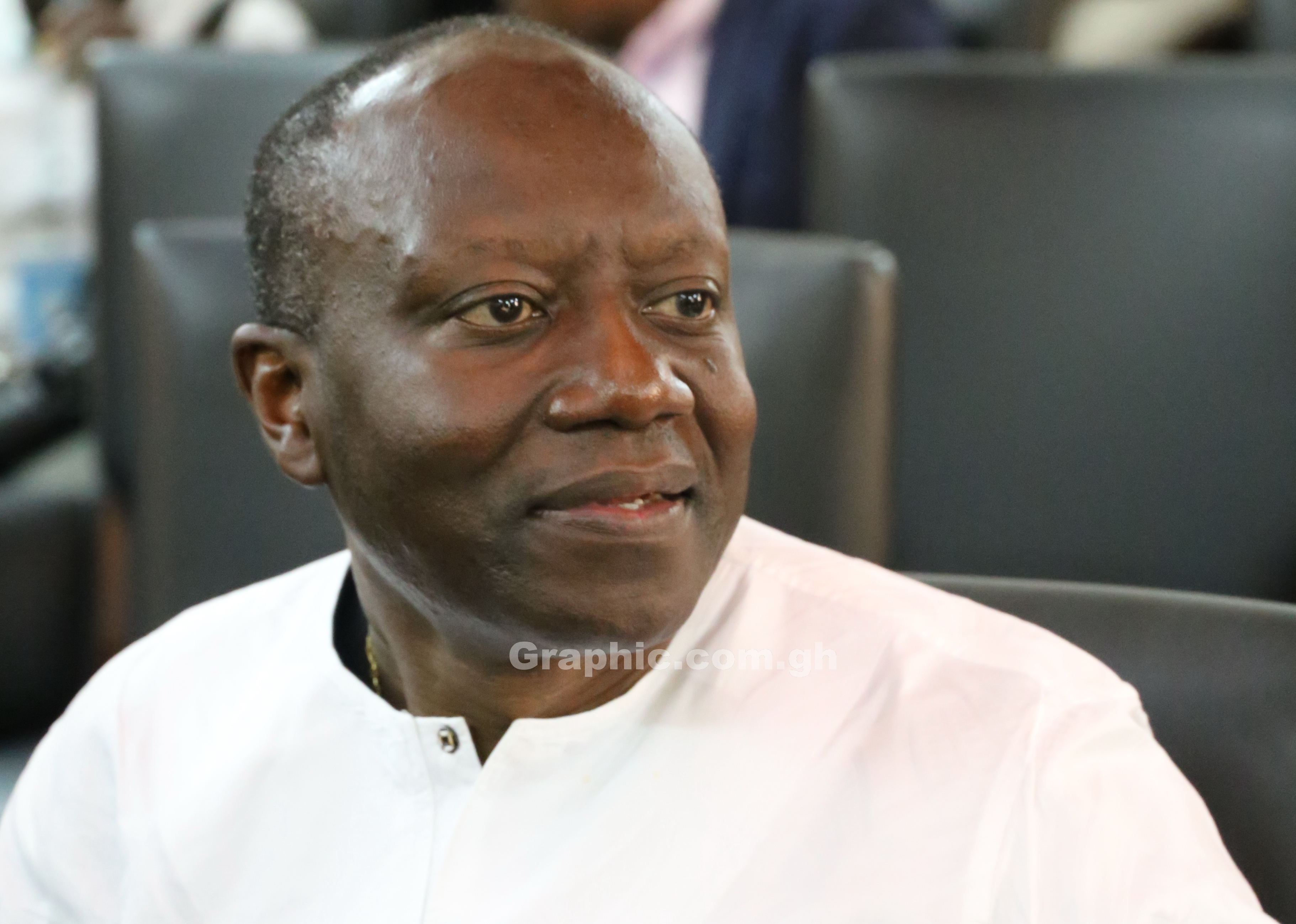
Firms not confident in the economy — Research
Firms in the country say they feel less confident now than six months ago, the latest Africa Trade Barometer has found.
Advertisement
The second edition of the Africa Trade Barometer conducted by the Standard Bank Group to offer a comparative view of the enablers and challenges to trade facilitation across 10 key African markets further revealed that the slump in business confidence was driven by the perceptions around the economy.
The biggest contributing factor to the dip in confidence had been the high prices of products. Again, the low confidence is due to the perception of a poor performing economy due to the poor showing of the local currency, the Ghana Cedi.
The currency lost half of its value in the past year.
The business confidence and the report found that firms that believed that the economy was stable were also more optimistic, while those who perceived the economy to be in a poor state were less optimistic. While industries are recovering from the effects of the pandemic and most believe that turnover will increase, there is still some concern about the long-term impact of the regulations imposed at the time of the pandemic and the aftermath of COVID-19, according to the Africa Trade Barometer report.
The report is one of the most comprehensive research on the state of trade on the African continent as experienced on the ground by real African businesses.
Approach
Qualitative and quantitative intelligence was gathered from 2,554 firms during August and September 2022 for the second issue. The interviewee companies represented small, big and corporate businesses across all 10 economies the study covered.
The intelligence is further enriched by third party sources including the World Bank, International Trade Centre, and the central banks of the initial 10 focus markets.
Trade support
The Africa Trade Barometer also revealed that firms’ perception of government’s support of trade was also significantly lower.
The perception of government’s support of trade dipped from 51 points in Mary last year to 45 points in November last year.
Support
However, the report further stated that among big business and corporates, the perception was that the government was somewhat supportive.
The firms would like the government to provide some relief on business tax and lower customs duties. Beginning January this year, the government reversed the 30 per cent discount it had offered on benchmark rates used in valuing goods at the country’s ports.
This translates into higher customs duties and levies on imports at the port. High import/export tax rates contributes to the belief that foreign trading is difficult, the barometer found.
However, the ports continue to impress and deliver a world-class solution, and this is evident in the upward trend in terms of quality and the resulting less severe impact of the port infrastructure on business.
International trade
Only 29 of firms out of the average of 200 sampled do foreign trading. Majority of those involved in foreign trading only import, mainly from international wholesalers.
The report found that West Africa, Europe and Asia were the main import countries for Ghanaian firms.
Further, imports from the rest of the world dominate rather than imports from the rest of Africa, further giving credence to the low intra-African trade that the African Continental Free Trade Area (AfCFTA) arrangement seeks to correct.
However, the Africa Trade Barometer found a higher perception by Ghanaian firms that imported from Nigeria would increase in the next two years. There has been no significant change in the overall perception of the quality of infrastructure on an overall level, but for water supply and airports, there has been a significant decline. Only a third of firms offer credit terms to clients significantly fewer than before and fewer firms make use of credit term advances from suppliers. Access to credit has become tougher for firms in Ghana which will be a stumbling block to stimulating the local economy.
The drop in business confidence is mostly driven by perceptions of a poor economy.
Purpose
The Africa Trade Barometer is aimed at being an important tool that enables businesses to identify, unlock opportunity and drive growth across the continent.
The Africa Trade Barometer is aimed at providing a source of reliable data and insights on African markets and economies for businesses and entrepreneurs as well as business people, students, governments, NGOs and investors considering the continent.





